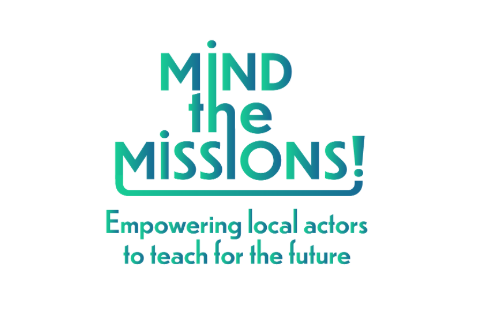Erasmus+ Project: Mind the Missions
Educational Offering to Enhance Municipal Staff Competencies in Spatial Planning, Strategic Foresight, and Project Management


Task
The Erasmus+ Mind the Missions project (KA220-ADU: Cooperation Partnerships in Adult Education) aimed to enhance the competencies of municipal staff in creating valuable learning opportunities for adult learners. The project’s central objective was to develop an innovative teaching method that harnesses digital technologies and fosters civic engagement through city missions.

Solution
To achieve these objectives, the project concentrated on three key areas: future-proofing, geodesign, and project management. A series of workshops were organised to address these focal points:
Workshop 1: Future-Proofing – This workshop focused on future scenario analysis and innovative project ideation techniques. Participants from Amarante and Valencia engaged in interactive learning activities aimed at addressing complex societal challenges through localized actions.
Workshop 2: Geodesign – Participants utilised Geodesign Hub software to evaluate and create coherent spatial development scenarios. This tool provided a structured framework for understanding processes and building consensus on mission-oriented policies and projects.
Workshop 3: Project Management – This workshop was dedicated to project management methodologies specifically tailored to city missions. Participants gained insights into effective project management practices, thereby enhancing their ability to design and deliver high-quality projects.

Effect
The project culminated in the development of the Futures Toolkit, designed to assist cities in crafting and implementing long-term strategies that account for future challenges and local needs. Additionally, two Capstone Projects were created: the Municipal Urban Garden in Valencia and Sustainable Energy Communities in Amarante. These projects serve as exemplary models for future initiatives and funding opportunities.
The workshops and tools equipped municipalities with new competencies and methodologies, enhancing their capabilities in project management, spatial planning, and the integration of innovative teaching methods in adult education. The project significantly contributed to building climate-resilient communities and promoting sustained civic engagement.
